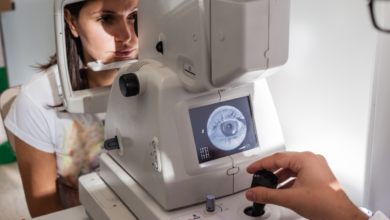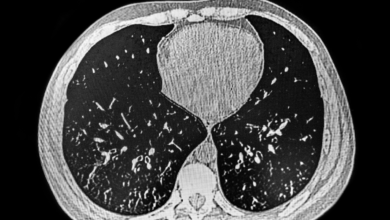Peripheral Neuropathy

What is Peripheral Neuropathy ?
Peripheral neuropathy is a condition that affects the nerves outside the brain and spinal cord. These nerves control the muscles, sensations, and organs in the body. When peripheral neuropathy occurs, these nerves become damaged, leading to various symptoms.
what are the symptoms of Peripheral Neuropathy?
Symptoms of Peripheral Neuropathy:
- Numbness or tingling in the hands, feet, or other extremities
- Weakness or muscle wasting in the hands, feet, or other extremities
- Pain or burning sensation in the hands, feet, or other extremities
- Sensitivity to touch or temperature
- Loss of balance or coordination
- Difficulty walking or performing fine motor tasks
- Digestive problems, such as constipation or diarrhea
- Bladder or bowel incontinence
who can suffer from Peripheral Neuropathy?
Anyone can develop peripheral neuropathy, but it is more common in people with certain risk factors, including:
- Diabetes
- Alcohol abuse
- Autoimmune diseases (such as lupus or rheumatoid arthritis)
- Vitamin deficiencies (such as B12 or folate)
- Infections (such as Lyme disease or shingles)
- Exposure to toxins (such as heavy metals or chemotherapy drugs)
- Physical injury or trauma to the nerves
What are the types of Peripheral Neuropathy ?
Types of Peripheral Neuropathy:
There are several types of peripheral neuropathy, each with its own specific symptoms and causes:
- Sensorimotor neuropathy: This is the most common type and affects both sensory nerves (which control sensations) and motor nerves (which control movement).
- Mononeuropathy: This affects a single nerve, causing symptoms in a specific area of the body.
- Polyneuropathy: This affects multiple nerves throughout the body, causing widespread symptoms.
- Autonomic neuropathy: This affects the nerves that control the involuntary functions of the body, such as heart rate, blood pressure, and digestion.
Which diagnostic tests are available for Peripheral Neuropathy ?
Diagnostic Tests for Peripheral Neuropathy:
- Physical exam: Your doctor will assess your symptoms and perform a physical exam to check your reflexes, muscle strength, and sensation.
- Nerve conduction studies: These tests measure the speed at which electrical signals travel through your nerves.
- Electromyography: This test measures the electrical activity of your muscles.
- Blood tests: Blood tests may be used to check for underlying conditions, such as diabetes or vitamin deficiencies.
- Imaging tests: In some cases, imaging tests (such as MRI or CT scans) may be used to look for damage to the nerves or other structures.
What is the treatment of Peripheral Neuropathy?
Treatment of Peripheral Neuropathy:
The treatment for peripheral neuropathy depends on the underlying cause and the severity of your symptoms. Treatment may include:
- Medications: Medications may be used to manage pain, control seizures (if present), or treat underlying conditions.
- Physical therapy: Physical therapy can help improve muscle strength and coordination.
- Occupational therapy: Occupational therapy can help you adapt to the challenges of living with peripheral neuropathy.
- Lifestyle changes: Lifestyle changes, such as quitting smoking, losing weight, and managing stress, can help improve your symptoms.
Which diet I should take, if any ?
Diet for Peripheral Neuropathy:
While there is no specific diet for peripheral neuropathy, a healthy diet that is rich in fruits, vegetables, whole grains, and lean protein can help support overall health and well-being. It is also important to avoid excessive alcohol consumption and to ensure that you are getting enough vitamins and minerals, especially B vitamins.
Which speciality of the doctor will treat Peripheral Neuropathy?
- Neuropathy
Is Peripheral Neuropathy completely curable ?
While there is no cure for peripheral neuropathy, the condition can often be managed effectively with appropriate treatment. The prognosis for peripheral neuropathy varies depending on the underlying cause and the severity of the symptoms. In some cases, the condition may progress slowly over time, while in others, it may imp





